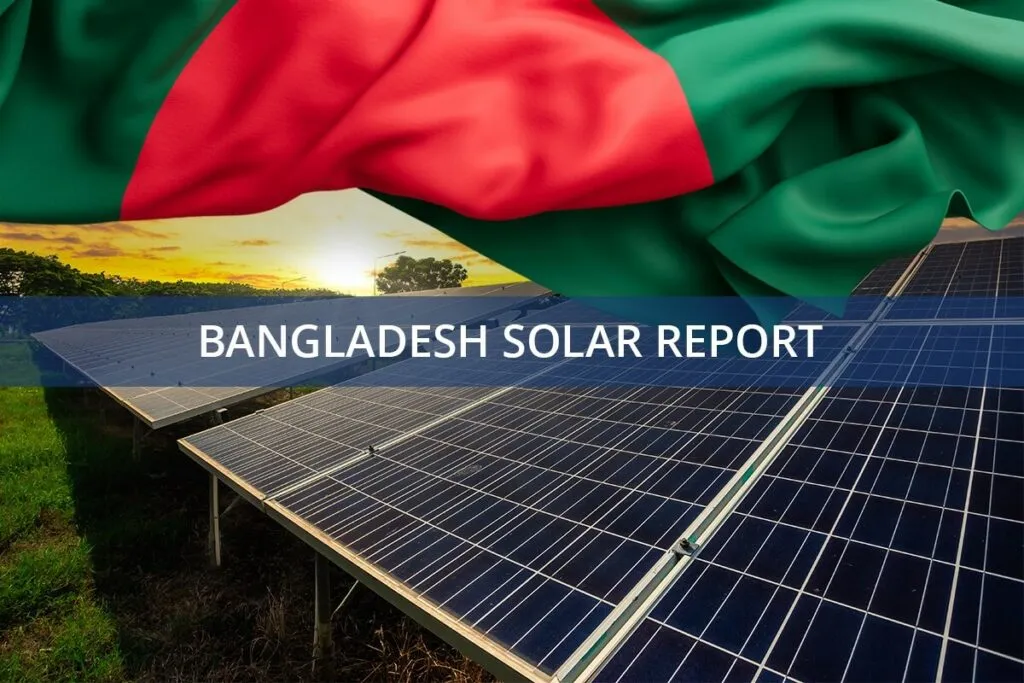Transforming Public Buildings with Bangladesh solar panel installation
The Bangladesh government has announced ambitious plans to install Government Buildings to Install Solar Panels Bangladesh across Dhaka and the entire country. This initiative is a key component of the nation’s broader strategy to significantly boost its renewable energy capacity and reduce reliance on fossil fuels. The solar panels are projected to generate approximately 7.5 megawatts of electricity, contributing to reduced energy costs and supporting the Bangladesh Power Development Board’s (BPDB) transition towards more sustainable energy solutions.
Prime Minister Sheikh Hasina emphasized the importance of renewable energy during a press conference, highlighting the government’s goal to source 40% of the country’s energy from renewable sources by 2041. Installing solar panels on government buildings marks a significant stride toward achieving this ambitious target, demonstrating a commitment to a greener future.
The BPDB is spearheading the initiative to install rooftop solar panels on government buildings in Dhaka. The project, being implemented in two phases, has already equipped 37 buildings with solar panels. Upon completion, the project is expected to generate 7.5 megawatts of clean electricity. This development is crucial for Bangladesh, as it aims to lessen its dependence on non-renewable energy sources and achieve its goal of sourcing 10% of its electricity from renewable sources by 2030.
Progress in Renewable Energy with Bangladesh solar panel installation
Bangladesh has made remarkable strides in its renewable energy sector in recent years. In 2020, the country’s renewable energy capacity stood at 716 megawatts. By the end of 2022, this figure had risen to 1,200 megawatts. This growth is attributable to a combination of proactive government initiatives, international support, and increasing private sector investment.
The government has set ambitious targets for renewable energy, aiming for 40% of the country’s energy to come from renewable sources by 2041. To achieve this, the government is actively working to increase the installed capacity of renewable energy to 4,200 megawatts by 2025 and 7,800 megawatts by 2030. This includes a Bangladesh rooftop solar: 2025 Goal – Powerful Push for ….
The installation of solar panels on government buildings is just one facet of this comprehensive strategy. The government is also collaborating with international organizations like the Global Environment Facility (GEF) to support the development of solar energy in the country. The GEF is funding a project to install 1.5 megawatts of solar power in Bangladesh, further bolstering the country’s renewable energy goals.
The Future of Solar Energy in Bangladesh solar panel installation
Solar energy is poised to play a pivotal role in Bangladesh’s energy future. Blessed with abundant sunlight, the country has considerable potential for solar power generation. Currently, solar energy constitutes 54.6% of the country’s renewable energy capacity, with a total installed capacity of 416 megawatts.
The government is also exploring other renewable energy sources, including wind and biomass. Wind energy accounts for 2.9% of the country’s renewable energy capacity, while biomass accounts for 0.7%. However, solar energy remains the most promising and readily scalable source of renewable energy for Bangladesh.
The installation of solar panels on government buildings is just the beginning. The government is also committed to expanding the use of solar energy in rural areas, where access to electricity is often limited. The deployment of solar panels in these areas can provide a reliable and sustainable source of electricity for homes, schools, and businesses, fostering economic development and improving quality of life.
Beyond the environmental benefits, embracing solar energy offers significant economic advantages. By reducing the country’s reliance on imported fossil fuels, solar energy can help stabilize energy costs, enhance energy independence, and stimulate job creation within the renewable energy sector. Furthermore, incentives are available to encourage Solar Manufacturing in Bangladesh: A Guide to Incentives. Understanding the basics of manufacturing and the manufacturing process of solar panels is crucial for long-term planning. This includes being aware of the necessary raw materials and manufacturing machines. A detailed understanding of the plant cost breakdown is also essential for stakeholders.
The Bangladesh government’s initiative to install solar panels on office buildings represents a significant step towards a more sustainable and resilient energy future. With sustained investment, strategic policy support, and collaborative partnerships, Bangladesh can achieve its ambitious renewable energy targets and emerge as a leader in solar energy adoption in the region.
To further enhance your knowledge of solar panel technology and its applications, consider exploring our free e-course.



